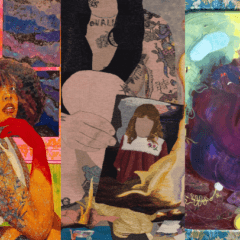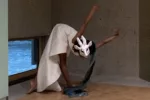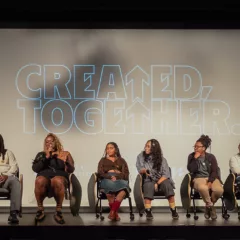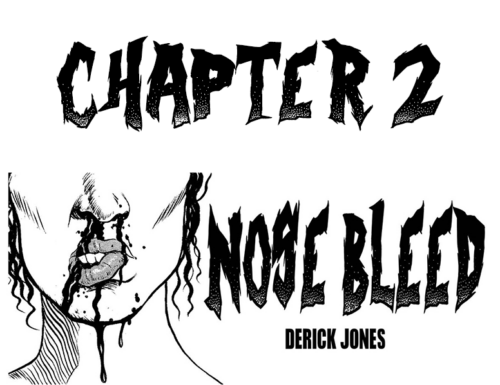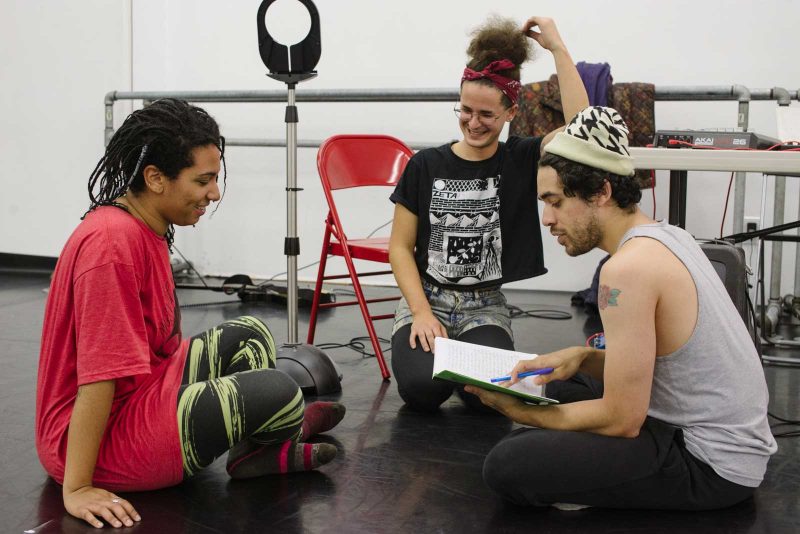
For the last three years, Philadelphia theater company Ninth Planet has been developing Honey Honey, a play collaboratively written with a number of young folks from Attic Youth Center. Honey Honey is a fantastical story about three young queer, black and brown, and trans* people, who are learning what it means to embody love and joy. When the pandemic hit, Ninth Planet decided to change Honey Honey from a stage play into a film made up of collaged video clips from the community. All are welcome to submit to Ninth Planet’s open call, which runs now through October 31st. If you are interested in submitting acting scenes, dances, b-roll or more to Honey Honey Community Film, visit Ninth’s Planet website and social media.
I spoke with the Co-Founder and Co-Artistic Director for Ninth Planet, Nia Benjamin, to learn more about Honey Honey. They recently received a Velocity Grant to help fund the production of this new community-sourced film. We talked about how Ninth Planet’s particular process creates space for more inclusive storytelling and they offered a wealth of insight into what it means to make social justice oriented work as a theater company.
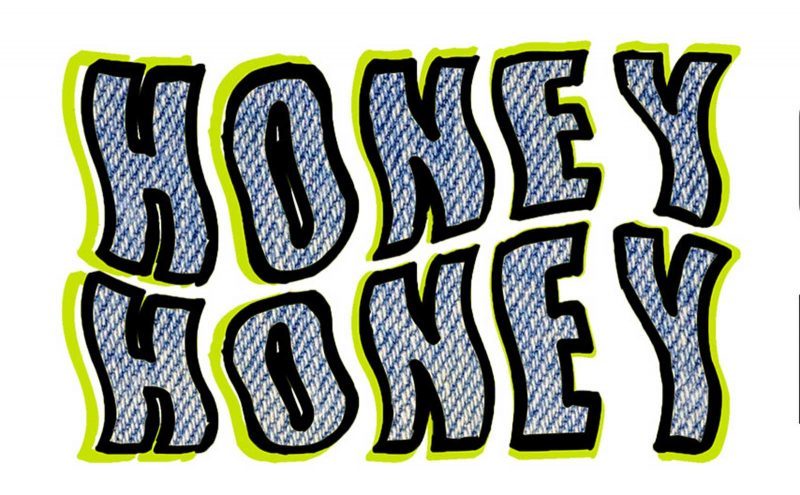
Logan Cryer: For people who are interested in participating in Honey Honey, what’s significant about this script and story?
Nia Benjamin: During this time of isolation and deep reflection, we’re hoping that people of all genders, sexualities, ages can see themselves in this story and see an opportunity to contribute. We want to make a different coming of age story for queer people that is way less focused on the issues of being queer in the world. We’re venturing into interpersonal issues; how does one know that they belong and are loved and safe? We wanted to imagine into that space, but still have it feel very realistic and not completely fantastical. We want to make it feel so real that there’s no question that this is possible.
LC: Were there any unexpected benefits in having to change Honey Honey from a stage play to a film?
NB: We feel closer to those origins of the project than we ever were before. We planned for this to be a thing where many different voices could contribute but, it felt tricky at times to take a process that involved 20 people and then boil that down into a show that only starred three people. So to reimagine the piece as an open source art project captures just exactly how we wanted it to feel in the first place.
LC: I think a lot of theater companies are trying to figure out how to be social justice oriented. How is Ninth Planet different from other companies in trying to approach social justice?
NB: I think for us, our commitment towards liberation for queer, trans* and BIPOC people is apparent in our process – not just in the topic of the work. I think what a lot of theater companies are doing is very performative. You could produce any play by any number of trans*, disabled, Black, immigrant playwrights but, if your room is founded on, “You listen to me and I’m in control,” then it’s not actually liberatory. In that space, any marginalized identity that you’re asking to tell this story has to mold themselves into your image of them. We want the process to mold around the fullness and complexity of who they are. That often means dirsrupting hierarchy, having white, cis people people speak less, and making sure we check in daily about our bodies and our minds.
LC: Can you talk more about what Ninth Planet’s process looks like?
NB: We haven’t made a lot of work because we are a company that’s obsessed with process over product. Sometimes it takes us multiple years to make pieces. We work in that way so we can actually fully see the people that we’re welcoming into a process and can acknowledge them at every level of their being. We check in about everything. This script that Ninth Planet is releasing has been vetted maybe 300 times by every person who has ever been in the room with us. Even collaborators who had to leave, we still sent the script to them. We use this term, that any word or idea becomes “compost.” That “compost” is the fertile soil that creates the final product. So even if you only contributed one word, we want to make sure that one word feels authentic to your experience and that it’s being used in a way that’s not exploitive.
LC: For the sake of transparency, if someone was interested in producing theater in this way you’re describing, what are the financial challenges of doing so?
NB: I will preface by saying it’s incredibly hard. We describe ourselves as working “project-based” and we feel really strongly about paying people as much as possible for their work. What we’re mostly looking to find are funders and donors who are interested in the thought experiment of what we’re working towards, because we can’t make a guarantee of when it’s gonna premiere. We also don’t have a subscriber base so we aren’t beholden to anything like that. That’s where the freedom in this model comes in, but the restriction is that you’re always reaching for money. On top of that, most of the work we make is free and open to the public. This is all part of our commitment to making theater that’s not elitist.
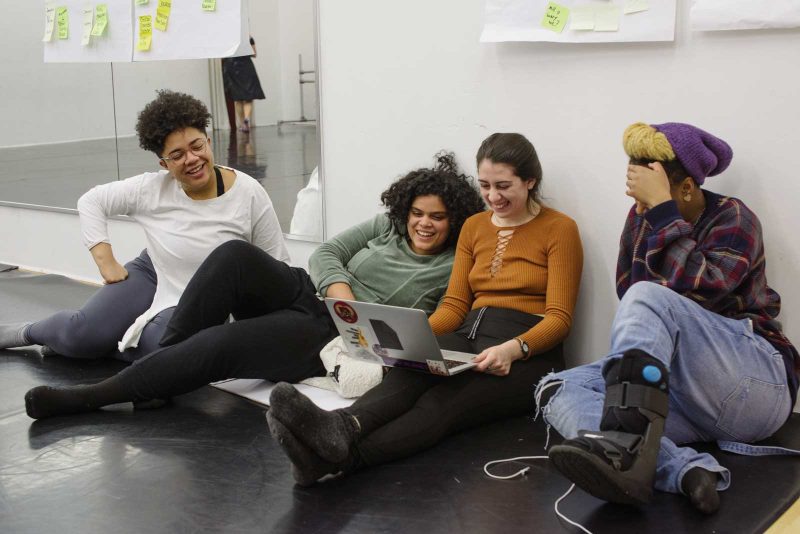
LC: Recently Ninth Planet, Mascher Space Cooperative, and Headlong Dance Theater announced that they would be partnering together. Can you talk about how your partnership with Headlong came to be?
NB: This evolution with Headlong feels like it’s almost 10 years in the making. Two of our company administrators, Sam Tower and Franny Mestrich, are graduates of Headlong Performance Institute and most of Ninth Planet’s rehearsals have been there. We’ve gotten lots of guidance and mentorship and loving support from the staff at Headlong. So at the start of the pandemic when so many institutions were on the verge of shutting down, Headlong approached us because they were really eager to think differently about how to use their tangible space, and because they needed help putting funds towards paying the rent for that building. We have a lot of future ideas for programming in that space, like BIPOC specific programming for artists that are interested in working on devised or experimental performances, increasing the accessibility of the Headlong building, and increasing the amount of family programming available for neighbors in South Philadelphia.
LC: When it comes to centering your art practice in social justice, who are you looking towards?
NB: I want to lift up some folks in the community that I am grateful for, like the folks I know through Leeway Foundation. I think working there was the first time I was able to see artists working in community, not just artists in the art community. The folks who are working in racial justice, gender justice, disability rights, I study those people the way I used to study Chekhov. I am grateful for the free school movement and the deschooling movement, particularly the work of Maleka Diggs. So much of what I try to bring into my art spaces or facilitation sessions is the understanding that everyone is equal here. It’s important to me that our rooms establish a clear precedent that everyone is an expert on their own experience. We all have different knowledge and it’s all equally important. It’s the meeting of those different experiences that I believe makes interesting new work.
Submit acting scenes, dances, b-roll, or more to Ninth Planet’s open call – deadline, October 31st, 2020 – by visiting their website!



